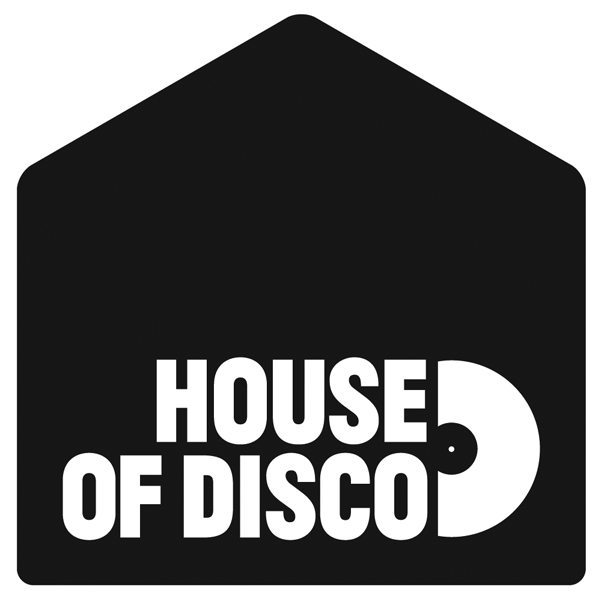Written by: Naomi Tisdell
When it comes to heavy hitters in electronic music, there are those names that are instantly recognisable. Similar to the recognition of ear nibbling Tyson in the boxing world, certain moon tanned musical pugilists don the silk, side step the pack, and become household names. They are considered, by much of the population, to be winners because they are seen to be winning. Success is, of course, always relative. Every blog, journalist, online expert, artist and punter has an opinion about what should constitute achievement and receive critical acclaim.
There are, similarly, distinctions that can be drawn between those who are considered to be experimental and those who walk the vague, yet formulaic line that is safe, commercial success. It begs the question of why creating with an open mind – under the one moniker – can be more challenging for some producers than keeping a poorly placed toupee secure in a windstorm. This spread of viewpoint creates a culture of ever-mounting pressure to perform, to release regularly and to innovate. The result of such varied expectations can quickly create an environment that is confusing. Then, there’s the endless debate between the worth of underground artistry in comparison to those who have apparently sold their souls to what is regarded as commoner culture.
In a world that is drenched in the sweat of self-respecting legends and wafting with the heady scent of new shiny talent, one has to wonder: is risking it all musically the new material? And, to what extent is ‘bravery through diversity’ the next big thing?
Monikers themselves are intriguing. It must be quite the challenge for some people to decide on an identity. The options are endless and there are, of course, published guidelines for success here too. There seems to be little room for the elegant or understated. Preferences tend to focus on phonetic seductiveness. It follows that the music often created under specific guises tends to emulate and be reflective of the names themselves. Another question arises pertaining to whether these pre-conceived ideals for direction are, in fact, more restrictive than what some DJ’s perceive to be the limits of their fan base and its attention span. On that level, it has been often touted that the fan collective is generally a fickle beast and will provide support only for as long as an artist is throwing juicy bones along the lines of what is familiar and comfortable.
It’s an interesting concept, particularly given that the glory days of overnight financial success have generally dissipated. Fast, furious fortunes are nowadays rarely made from a public that previously needed to buy albums in order to have access to an artist’s work. Clever merchandising, multiple label support and touring have now become a necessary measure for artists to ensure a steady income and a stable monetary future, especially with the emergence of ripping and illegal download sites. Heavily numbered fan bases do not necessarily translate into high purchase statistics on iTunes, Beatport or any of the other reputable sites. In a disposable, rapid fire world, perhaps it is one of the greatest ironies that a DJ playing it safe under the cloak of their true identity – slash public persona – can be a vital contributor to carefully crafted success.
In a world in which certainty is becoming rarer than proverbial hens’ teeth, those immersed in the world that is ‘music’ are aware that being genre bound can be both a blessing and a curse. On one hand, artists are free to create in a manner that is reflective of the very reasons they developed a fan base in the first place. On the other, this self-protectionist approach may prevent active exposure to a wider audience with more diverse levels of musicality, knowledge and experience. Some individuals no doubt find solace in security. For others, it may simply be that their partiality and expertise lies solely in one realm. Surely, however, being creative in the truest sense – and sharing this journey – holds more weight than sitting safely inside the square. What if those with ‘taste’ feel like appreciating a veritable sonic banquet? What then?
Positive reactions to change are always ideal, but negative press has the potential to send even the most seasoned of producers into a tail spin. Surprise can be an asset, but if you doubt your own capacity to explore, or that your ‘loyal’ fan base will be mature and brave enough to support you, the situation must be weighed up.
So, where do the courageous stand in this coop of chaos? They are the ones doing handstand on the precipice at the paddock’s boundary, brazenly embracing the risks involved with being far flung radicals. There really is no fool proof formula for longevity, fame or fiscal reward – apart from capturing the attention of a world that is starved of escape. Consider this: if Gangnam Style, Barbie Girl and Macarena are indicative of the kinds of choices that lead to the magical land that is instant dollars, would you be prepared to forever have your name, or many names, associated with them? I suppose that if you looked at it from certain favourable perspectives, this chosen path could be seen as some sort of ‘special’ legacy. Then again, life is not a fairy tale. Innocent Little Red Riding Hood does not exist, but the Big Bad Wolf of anonymity does. The choice really is very simple. True courage comes without a price tag. This approach is the Holyfield moment. At the end of the day, when the mask of relevance falls, no one has said it better than Clint Eastwood: ‘If you want a guarantee, buy a toaster.’





